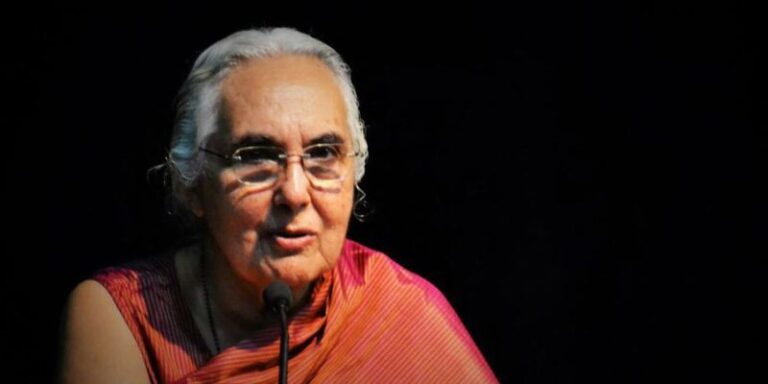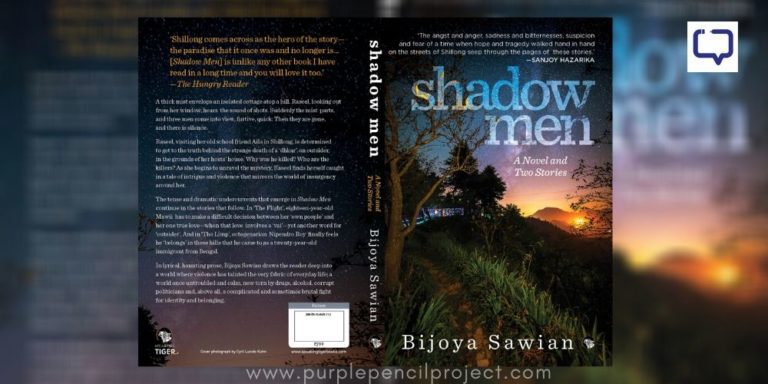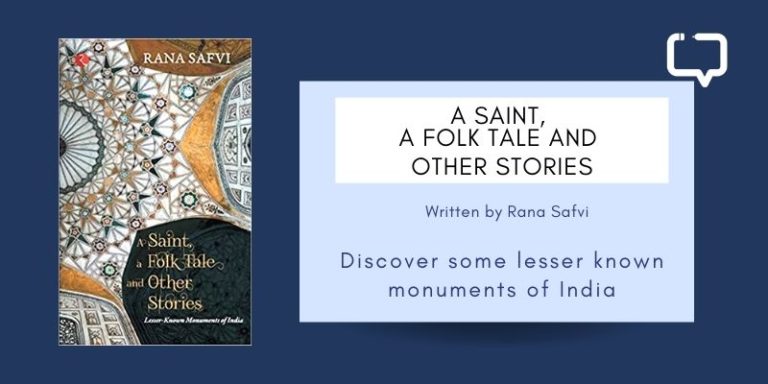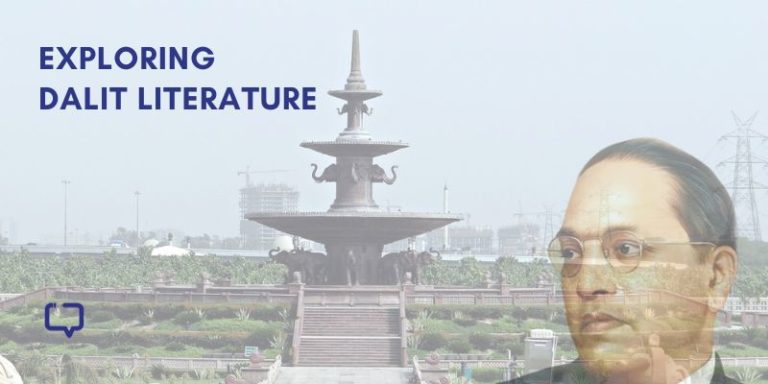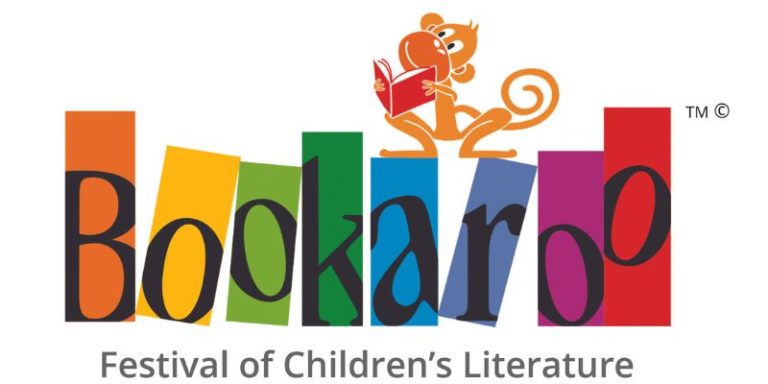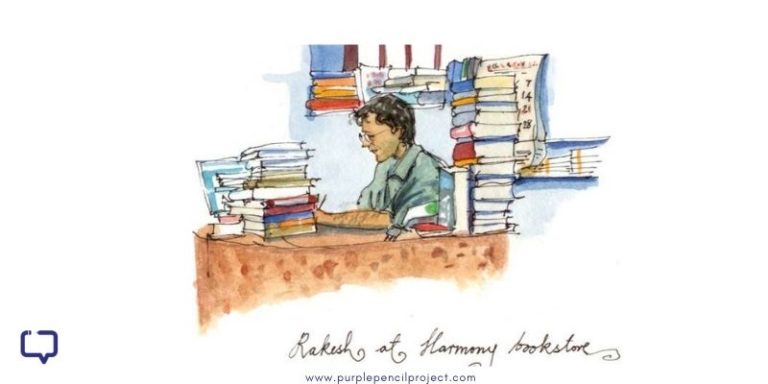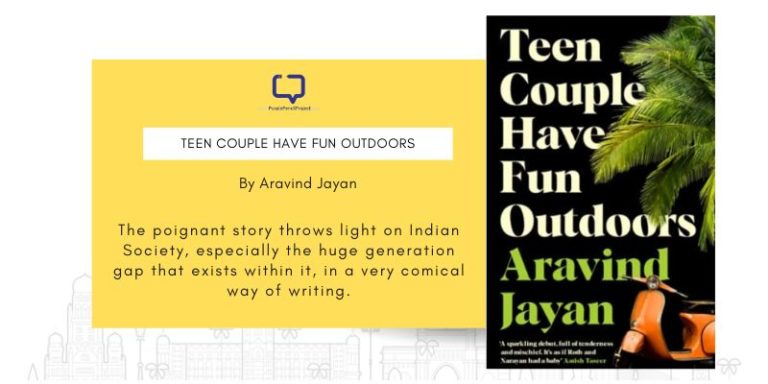Priyadarshini Gauri reviews A Fistful of Moonlight: Stories from Assam, edited by Mitra Phukan, Arunava Sinha, and Lucy Hannah (published by BEE Books, 2023).
Assam is a state I have always seen in passing. Numerous times I have traversed the entire city of Guwahati to reach my destination, observing the city rushing past my car windows, a city simultaneously urban and rural, archaic and modern, green and concrete, always imagining the stories of the people I saw standing outside the temples, diving into lakes, exiting the malls and the five-star hotels. A Fistful of Moonlight is such a drive through the state of Assam, giving the reader glimpses into the lives of the people of a state in conflict because of its contradictions.
Assam has a rich heritage of storytelling, having conceived of a written language back in the 7th century CE. In comparison, the Assamese short story is a recent addition to the literary heritage of Assam, and even that is over a hundred and fifty years old. A Fistful of Moonlight comprises contemporary stories that deal with relevant and diverse themes of identity, desire, survival, ambition, and home.
Write Assam Project
The story of how A Fistful of Moonlight came together is almost as interesting as the collection itself. Ten stories in this collection were part of the Write Assamese project, and their writers were selected from an open call for submissions from across Assam. In addition, three aspiring Assamese translators were selected for the project. What followed was an intense week-long workshop, with writers, translators and editors working together in tandem under the mentorship of Mitra Phukan, Arunava Sinha and Lucy Hannah in the picturesque setting of the Kaziranga National Park.
Stories from the New Assam

This diverse collection comprises ten new stories that reflect the present-day concerns of the rural, urban, young and old people of Assam.
In “Tejomola’s Stepmother Found A Place to Get a Haircut,” Manaswinee Mohanta writes about a woman who, under the burden of many relationships that have defined her whole life, has forgotten her own name, until a tender moment between Tejomola and her stepmother proves to be life-changing for both. In “Lazy,” Binu Das writes about a woman who aspires to be a writer but is drowning under the mundane interruptions that constitute domestic life and the added sting of being labelled as lazy by her husband. Nirja Bora’s “The Buried Pond” deals with generational curses and how they can be lifted.
The collection features three queer love stories that navigate the intricate dynamics between love, romance, family, and societal norms. In “A Touch of a Treasure,” Jintu Gitartha explores the challenges faced by a man expressing love for another in a small town resistant to same-sex relationships. Bikash Dihingia’s “A Wagtail’s Song” portrays the struggle of a gay individual yearning for freedom from the confines of a small town and finding solace in the anonymity of city life. Ashamoni Neog’s “Puhor” delves into the experiences of Assamese youth grappling with love, gender identity, and sexual orientation in a conservative environment.
Recommended Reading: Being Assamese in India: The Black Magic Women
Longing and loss of home is a theme that connects many stories in this collection. Madhurima Baruah’s “Roots” unfolds the poignant story of a village woman’s lifelong pursuit of home and security, emphasizing the elusive nature of her dreams. Juhi Baruah’s “The Roar of Baghjan” serves as a cautionary tale, exploring the conflict between humanity and the environment, and the hardships faced by ordinary people due to manmade disasters. Debashish Buragohain’s “The Courtyard” narrates the longing of an elderly woman to return to the courtyard of her village home.
My favourite story is “Boots” by Niluptal Baruah, about one man’s obsession with people’s shoes that serves as his (and the reader’s) vantage point into the lives of others.
The Assamese Modern Classics
Notable additions to this collection are the four classics that will be recognizable to anyone familiar with the Assamese short story tradition. For a first-time reader like me, they were all slow burns that packed a punch in their concluding moments.
Harekrishna Deka’s “The Captive” harks back to the time of insurgency in Assam and is about a man held captive by one such rebel militant, who starts sympathising with him. Deka’s experience as an Indian Police Officer in Assam lends a raw authenticity to the tale. Purobi Bormudoi’s “The Hunt” explores the psychology of hunters and the tentative yet mystical connection between man and the wild.
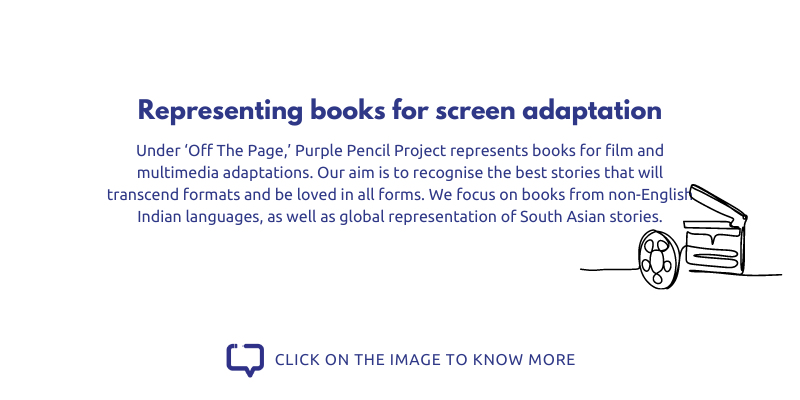
Mamoni Raisom Goswami’s “Values” is a haunting tale of casteism, patriarchy, and a man’s intense desire for a son. “The Water Spirit” by Imran Hossain is a classic for a reason, exploring the origins of folklore and myth in exploitative social structure. It is about the stories we make up, the fever dreams we dream when reality becomes too unbearable.
In Translation
“Translation it is that openeth the window, to let in the light; that breaketh the shell, that we may eat the kernel; that putteth aside the curtain, that we may look into the most holy place; that removeth the cover of the well, that we may come by the water.”
This extract from the Preface to the Reader in the King James Bible sums up the importance of translations, not just the translation of religious texts. The endeavour of translations becomes even more vital in bringing to us stories from lands and languages we wouldn’t otherwise have the opportunity to engage with. As Mitra Phukan writes in the Editor’s Note, “For it is through stories that we learn about each other. And it is through stories that we can hope to increase our understanding of our fellow human beings.”
Despite the huge gap in the cultural apparatus of Assamese and English languages, the three new translators – Harsita Hiya, Syeda Shaheen Jeenat Suhailey and Rashmi Baruah – have done a wonderful job of conveying a sense of the place and the emotions of the many people that inhabit it. And for whatever little may have been lost in translation, much more is gained by bringing these stories out into the world.
Favourite Quote from A Fistful of Moonlight
Long, beautiful hair. Blue grey eyes. Teeth like pomegranate seeds, the colour of a drop of indigo mixed with half a litre of milk. A figure as curvy as an hourglass. A woman who didn’t look like this was not fit to be a woman. She was wanton. Cursed. A Witch. If this simple idea wasn’t drilled into the heads of women like Tejimola’s stepmother, the merchant’s enterprise would bite the dust, wouldn’t it? The beauty business ran the way the merchant wanted it to. Full breasts and heavy thighs—mistress. Those without these—calendar girl. And yet it was the merchant who had his arm wrapped around the waists of both.
Conclusion
In essence, A Fistful of Moonlight is a worthy addition to the rich storytelling heritage of Assam. The ten new stories, ranging from the diverse experiences of rural and urban Assamese life to the exploration of love, identity and ambition, paint a vivid picture of the present-day concerns and conflicts in Assam. The four classics included in this collection beautifully balance the old with the new. As a translation, A Fistful of Moonlight allows for a deeper understanding of the intricate layers that make up the tapestry of Assamese society to the non-Assamese reader.










